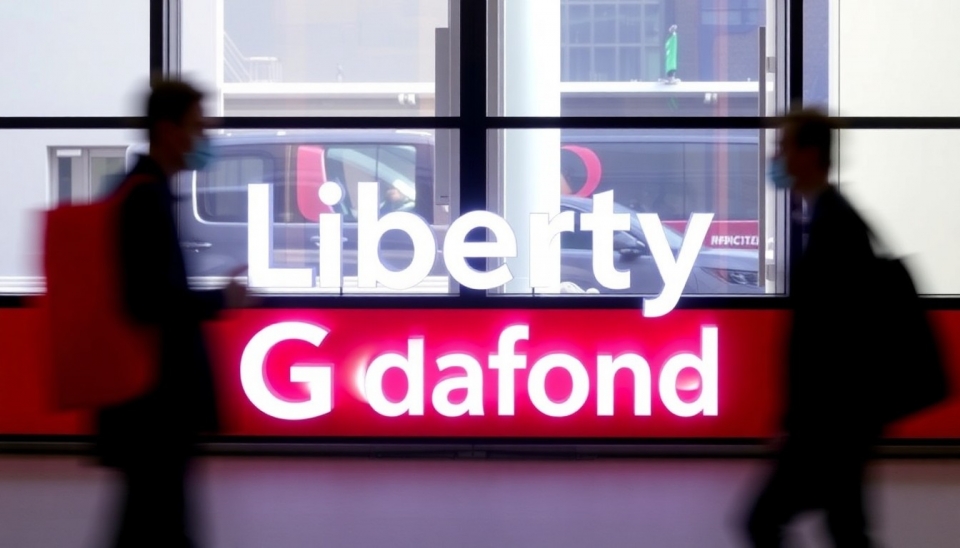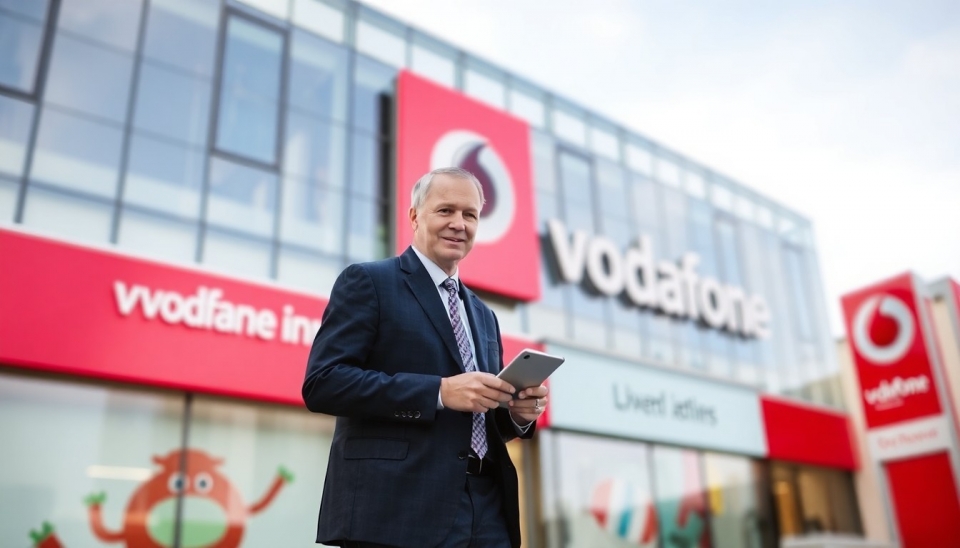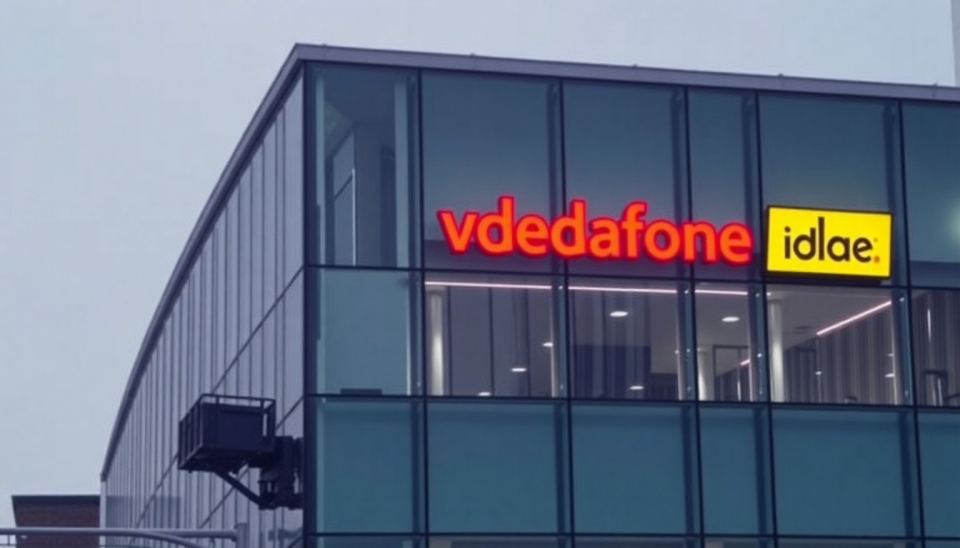
The proposed merger between two of the UK's prominent telecommunications companies, Vodafone and Three, valued at an astounding $15 billion, is poised to act as a significant flashpoint for the European telecom sector. This monumental deal, which aims to create a more competitive player in the market, has ignited discussions regarding its likely impact on competition, pricing, and service quality across Europe.
As global telecom companies continue to pursue consolidation strategies to navigate the challenges of technological advancements and the need for substantial investments, the Vodafone-Three agreement comes at a pivotal moment. The combination of their resources may bolster their capabilities to compete with major rivals, but it also raises questions about potential monopolistic behavior and reduced competition in an already crowded marketplace.
This merger follows a string of similar moves in Europe, as operators seek to streamline operations and improve their market share. Vodafone, which has faced declining revenues in recent years, sees the merger as an essential step toward revitalizing its portfolio. On the other hand, Three, a subsidiary of CK Hutchison Holdings, is keen on gaining a stronger foothold in the UK’s competitive landscape, especially amid the increasing rollout of 5G networks.
Regulatory bodies in the European Union and the UK are on high alert regarding this merger. They are weighing the potential benefits of a stronger competitor against the risks of reduced consumer choice. Consumers and industry experts alike have voiced their concerns, fearing that the merger might lead to higher prices and less innovation in services.
The UK government has also been involved in discussions about the implications of the merger. Officials are cautious and emphasize the importance of maintaining a competitive telecom environment. In recent months, the UK has already dealt with other high-profile mergers and acquisitions in the telecom sector and is likely to scrutinize Vodafone and Three's deal carefully.
Analysts predict that the merger could face rigorous examination from the Competition and Markets Authority (CMA) in the UK and European Commission. These agencies may require both companies to divest certain assets or implement measures to ensure fair competition is maintained post-merger.
Moreover, the merger has raised eyebrows beyond the UK as it reflects a broader trend where telecom operators globally are engaging in mergers to enhance their bargaining power in the face of soaring infrastructure costs driven by 5G expansion. Many industry experts are likening this move to a defensive strategy aimed at surviving in an increasingly challenging market.
In summary, the Vodafone-Three merger is set to reshape the telecommunications landscape in the UK and potentially across Europe. The ramifications of this deal will be closely monitored by regulators, competitors, and consumers over the coming months, as stakeholders await response strategies and regulatory outcomes that promise to alter the future of the industry.
As this situation develops, it's clear that the discussions surrounding the merger will be a significant focus in the telecom industry, influencing both strategy and policy moving forward.
#Vodafone #Three #Merger #Telecom #Europe #BusinessNews #Competition #5G #Regulations #Telecommunications
Author: Emily Collins




